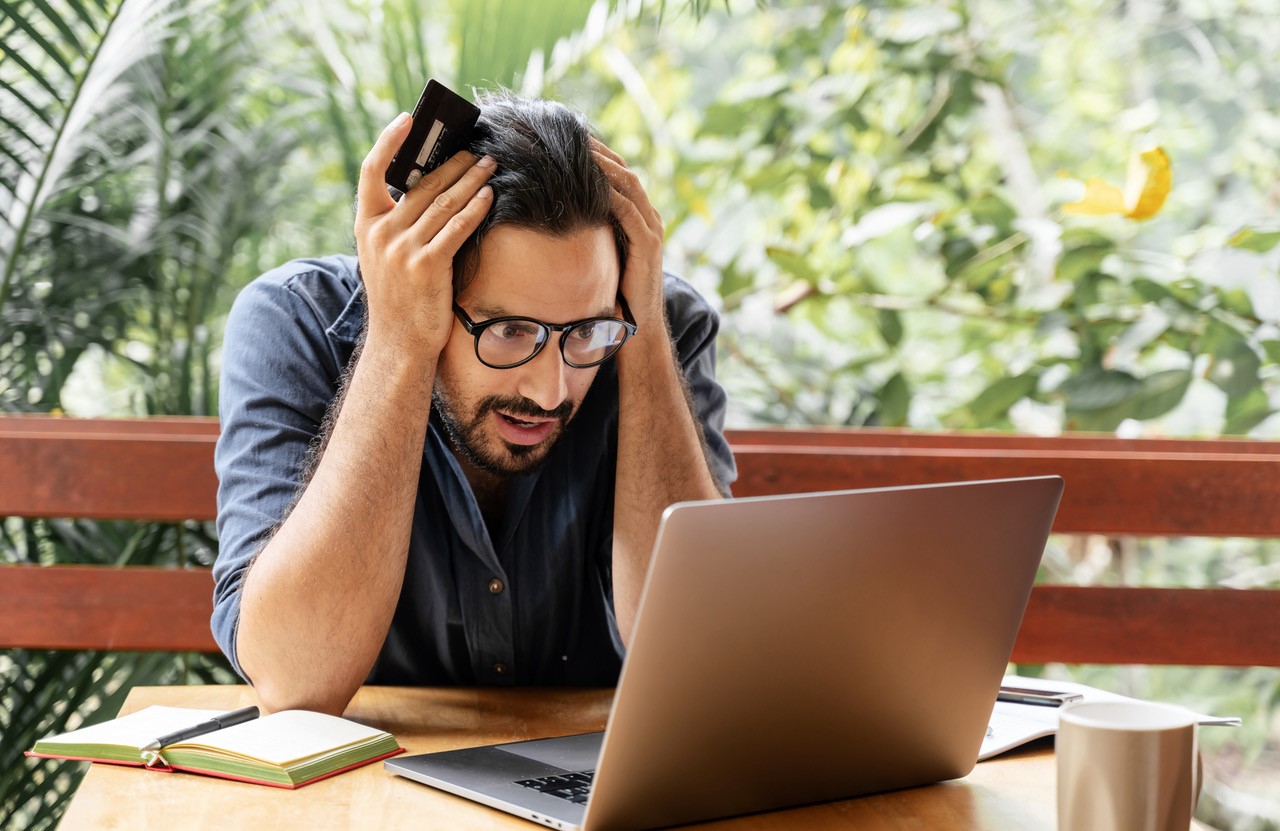12 March 2025
This article was published on 5 March 2025. At the time of publishing, this article was true and accurate, however, over time this may have changed. Some links may no longer work. If you have any concerns about this please contact us.
National No Smoking Day is observed every year on the second Wednesday of March, to encourage people over the world to quit smoking. No Smoking Day 2025 is on March 12th, but you can quit smoking on any day of the year. The main purpose of this day is to spread awareness about the harmful health effects of tobacco consumption through cigarette and other modes.
Many people who quit smoking are surprised by how good they feel.
They feel more relaxed, have more money, they look and feel better, their skin looks healthier, and they have more energy when they do something active like going for a walk or playing with their children, they no longer smell of smoke and they are not as worried about their health.
When you stop smoking, your lungs will start to repair, and you’ll start to be able to breathe easier. The sooner you quit, the sooner you’ll notice the positive changes to your body and health.
Some of the benefits will be felt almost immediately and in the long term the benefits will be lifesaving:
- After a day – Your oxygen levels will recover, and the harmful carbon monoxide level in your blood will reduce by half.
- After 2 days – Nicotine will be totally eliminated from the body and your senses of taste and smell will improve.
- After 3 days – Your breathing will become easier as the airways begin to relax. Your energy levels will also increase.
- After 2 to 4 weeks – Blood will pump through to your heart and muscles much better because your circulation will improve, meaning you can walk and run easier.
- After 3 to 9 months – Your lung function will improve by up to 10%, meaning any coughs, wheezing or breathing problems you have will improve.
- After 1 to 3 years – Your risk of having a heart attack will have halved compared to a smoker’s.
- After 10 years – Your risk of death from lung cancer will have halved compared with a smoker’s.
Other benefits
- You will have fresher breath and whiter teeth.
- Your skin might look younger and age less quickly.
- You might have more energy, feel less tired and get less headaches.
- Your immune system will find it easier to fight off colds and flu.
- It can improve your fertility.
- You will protect the health of your children, family and friends.
Smoking and your heart
The chemicals in cigarettes narrows the walls of your arteries. This reduces the space for blood to flow properly. If the arteries that carry blood to your heart get clogged, it can lead to a heart attack. If the arteries that carry blood to your brain get clogged, it can lead to a stroke.
Smoking can also affect your heart and blood vessels by;
- increasing your risk of blood clots;
- causing an instant rise to your heart rate;
- causing an instant rise to your blood pressure; and
- reducing the amount of oxygen delivered to the rest of your body.
You will save money – the average smoker can save around £2000 (depending on how much you smoke) a year by not smoking. To calculate how much you could save click here.
Stopping smoking tips
1. List your reasons to quit and when you are struggling and feel like you need to smoke, read through the reasons.
2. Tell people you’re quitting; your friends and family can then support you.
3. Use stop smoking aids, like nicotine patches and gum.
4. Have a plan if you are tempted to smoke; this should include someone you can talk to for support.
5. List your smoking triggers and how to try and avoid them.
6. Cravings usually last around 5 minutes. Try to keep busy, which could help reduce these cravings.
7. Regularly exercise, as studies show that exercise reduces the urge to smoke, it also strengthens your heart and lungs.
8. If you have tried to quit before, remember what worked and learn from what didn’t.
9. Use support groups for help and advice.
10. Think positively.
Try using the free NHS Quit Smoking App, click here for more details.
It’s never too late to benefit from stopping smoking. According to the British Heart Foundation, on average, smokers who quit in their 30s will add 10 years to their life. Even quitting at 60 could add 3 years. Being a non-smoker can also improve your chances of being more physically active and healthier as you get older.
Switching from smoking to vaping
Studies so far show that vaping is far less harmful than smoking. So, your health could benefit from switching. You will need to stop using tobacco completely to get the full benefits.
Vaping or using e-cigarettes could help you stop smoking and are a popular stop smoking tool. Giving you the nicotine needed to help beat your cravings. Vaping can also feel similar to smoking, like holding a cigarette and breathing in.
Switching from cigarettes to vaping may also save you money.
Vaping is not risk-free. The long-term effects of vapes are still unknown, so people who have never smoked shouldn’t use them.
Further help and advice:
Want to learn more? Access our wellbeing hub here.










